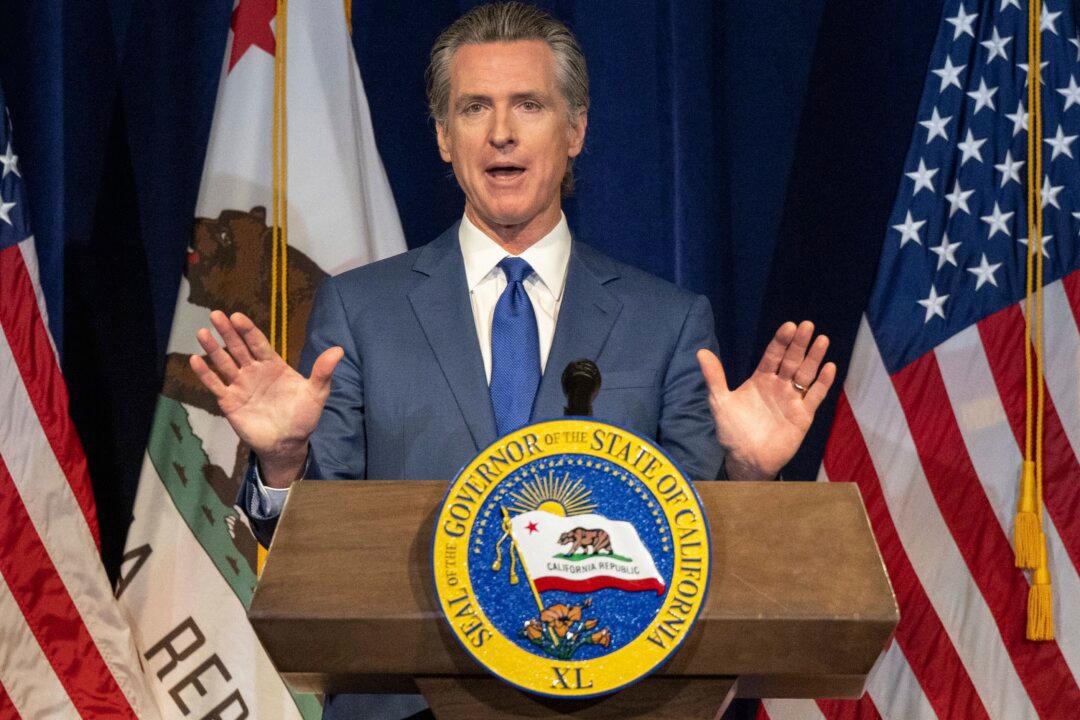Because of a “severe revenue decline,” California is facing a $68 billion budget deficit that could accumulate to more than $155 billion over the next five years, according to the most updated projection released Dec. 7 by the nonpartisan Legislative Analyst’s Office.
A spokesperson for California Gov. Gavin Newsom suggested some of the state’s approximately $24 billion held in reserves could be used to address the growing deficit—an idea analysts agree will be necessary.





